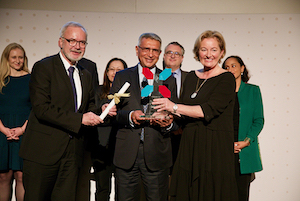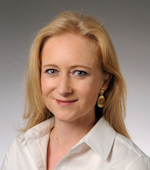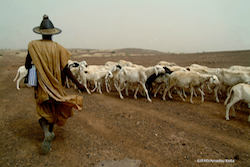Save  the date for this year’s European Microfinance Week, which will occur online from November 18 to November 20, 2020! The agenda will include all of the hallmarks of this annual event, including Action Group meetings, incisive plenaries, and the presentation of the 2020 European Microfinance Award for “Encouraging Effective & Inclusive Savings.” More details will be released soon
the date for this year’s European Microfinance Week, which will occur online from November 18 to November 20, 2020! The agenda will include all of the hallmarks of this annual event, including Action Group meetings, incisive plenaries, and the presentation of the 2020 European Microfinance Award for “Encouraging Effective & Inclusive Savings.” More details will be released soon
This notice is part of a sponsored series on European Microfinance Week. This event is held annually by the European Microfinance Platform (e-MFP), a Luxembourg-based network with approximately 130 members. MicroCapital has been engaged to cover the event on-site each year since 2012.
Sources and Additional Resources
European Microfinance Platform (e-MFP) Action Groups
http://www.e-mfp.eu/action-groups
European Microfinance Award
http://www.e-mfp.eu/award
MicroCapital coverage since 2012 of European Microfinance Week, including each European Microfinance Award
https://www.microcapital.org/category/european-microfinance-week/


 Second, EMW is particularly interactive. We don’t see value in serial presentations of projects or products; all workshops and plenaries are designed to be provocative, interactive, and to stimulate debate and discussion. Third, the conference is the culmination of the annual European Microfinance Award; and each year there is a stream of sessions on the Award theme, which for 2019 is Strengthening Resilience to Climate Change. Fourth, EMW has an especially diverse attendee group, in terms of organisation types and home countries. It’s a truly remarkable breadth of stakeholders. Finally, we take great efforts to
Second, EMW is particularly interactive. We don’t see value in serial presentations of projects or products; all workshops and plenaries are designed to be provocative, interactive, and to stimulate debate and discussion. Third, the conference is the culmination of the annual European Microfinance Award; and each year there is a stream of sessions on the Award theme, which for 2019 is Strengthening Resilience to Climate Change. Fourth, EMW has an especially diverse attendee group, in terms of organisation types and home countries. It’s a truly remarkable breadth of stakeholders. Finally, we take great efforts to  the
the